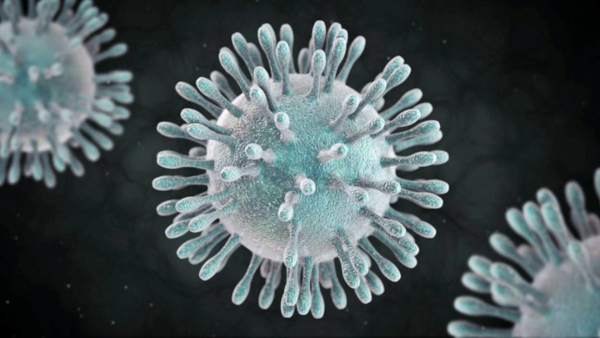It is noted that a renowned international magazine in its article has speculated that ‘India has suffered perhaps five-to-seven times “excess deaths” than the official number of COVID-19 fatalities’. It is a speculative article, which is without any basis and seems to be misinformed.
The unsound analysis of the said article is based on extrapolation of data without any epidemiological evidence.
Studies which are used by the magazine as an estimate of excess mortality are not validated tools for determining mortality rate of any country or region.
The so called “evidence” cited by the magazine is a study supposedly done by Christopher Laffler of Virginia Commonwealth University. An internet search of research studies in scientific database such Pubmed, Research Gate, etc., did not locate this study and the detailed methodology of this study has not been provided by the magazine.
Another evidence given is the study done in Telengana based on insurance claims. Again, there is no peer reviewed scientific data available on suchstudy.
Two other studies relied upon are those done by Psephology groups namely “Prashnam” and “C-Voter” who are well versed in conducting, predicting and analysing poll results. They were never ever associated with public health research. Even in their own area of work of psephology, their methodologies for predicting poll results have been wide off the mark many times.
By their own submission, the magazine states that ‘such estimates have been extrapolated from patchy and often unreliable local government data, from company records and from analyses of such things as obituaries’.
Union Government has been transparent in its approach to COVID data management. As early as May 2020, to avoid inconsistency in number of deaths being reported, Indian Council of Medical Research has issued ‘Guidance for appropriate recording of COVID-19 related deaths in India’ for correct recording of all deaths as per ICD-10 codes recommended by WHO for mortality coding. States and UTs have been urged through formal communications, multiple video conferences and through deployment of Central teams for correct recording of deaths in accordance with laid down guidelines.
Union Health Ministry has also regularly emphasized the need for a robust reporting mechanism for monitoring district wise cases and deaths on a daily basis. States consistently reporting lower number of daily deaths were told to re-check their data. A case in point is the Union Government writing to the State of Bihar to provide detailed date and district wise break-up of the reconciled number of deaths to Union Health Ministry.
It’s a well-known fact that there shall always be difference in mortality recorded during a profound and prolonged public health crisis such as COVID pandemic and well conducted research studies on excess mortalities, usually done after the event when data on mortalities are available from reliable sources. The methodologies for such studies are well established, the data sources are defined as also the valid assumptions for computing mortality.
You may also like
-
India Against Mpox
-
Combination of ‘Siddha’ Drugs Reduces Anemia in Adolescent Girls: Study
-
Suspected Mpox Case Under Investigation; Patient Put Under Isolation, No Cause for Alarm
-
Prime Minister Applauds India’s Best Ever Performance at the Paralympic Games
-
National Exit Test (NExT) for Ayush to be Effective from 2021-2022 Batch: Union Minister of Ayush Shri Prataprao Jadhav
